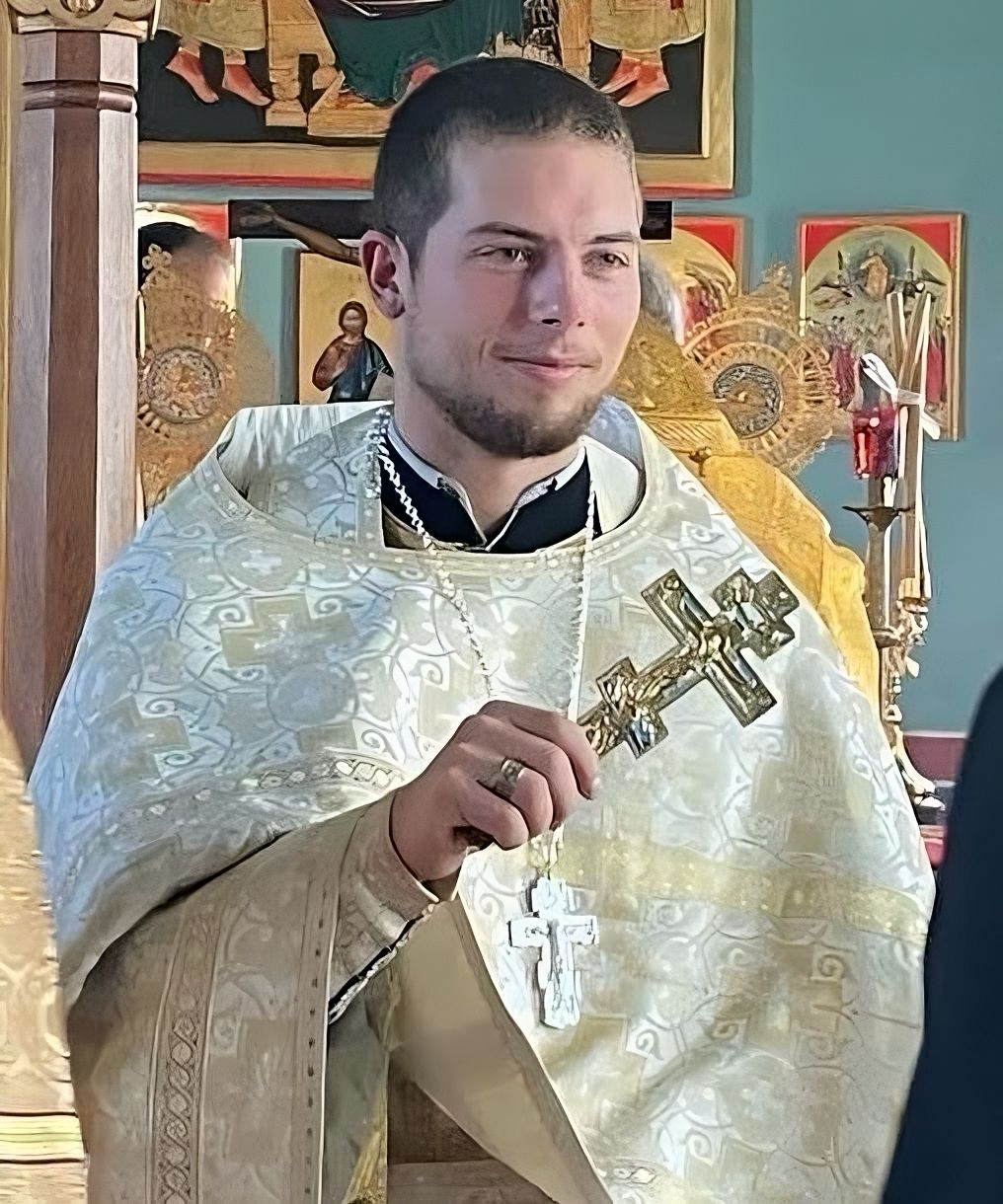Sunday of the Publican and the Pharisee; Beginning of the Lenten Triodion
Listen to Sermon
Transcript
In the name of the Father and of the Son and of the Holy Spirit. The Lord is nigh unto them that are of a contrite heart, and he will save the humble of spirit. Do not think that I came to destroy the law or the prophets. For I say to you that unless your righteousness exceeds the righteousness of the scribes and the Pharisees, ye will by no means enter into the kingdom of heaven.
A zealous woman whose mother from her earliest memory willed to be separated from her father, vowed within herself to reject the vanity which she felt was the ruin of her own family. She loved the beauty of the church and its apparent condemnation. In time she found the direction of a spiritual father, studied the scriptures and began waking up in the middle of the night for prayer. On one vacation, she happened to travel with her family to her in-laws, and although she was excited to visit, she was concerned about how she might continue her canon of prayer, which she had always so greatly looked forward to.
One evening, she attended the birthday party of her mother-in-law, a woman who left her family after being unfaithful. And despite this, everyone continued to celebrate, determined to do the best that they could for their mother. The pious woman was shocked and angered. This is not right, she thought. How could these people tolerate all of this from a woman whose own selfishness and vanity brought ruin to her family? The day went by and she did not so much as pick up her prayer book. Two days turned into five, and she felt her thoughts grow farther and farther away from prayer as she lost motivation and interest in things that she loved.
And then slowly she realized that wherever she went, the church, the store, or a park, all of her thoughts were directed at looking for the attention of other men. Then at one liturgy she happened to hear the passage from the gospel. To her dismay she then discovered that she had never understood nor desired the mercy of God. Rather she had always desired justice and justification. That evening her mother in law visited the family. She extended her arms to her daughter-in-law. Ashamed of her own inner hesitancy to embrace her mother-in-law, she offered a silent prayer. If God is not able to save this woman, then I have no hope. May He have mercy upon both of us.
The following day she returned to her prayer corner utterly resigned, dead as it were to prayer. Despite her emptiness, she began to read, and as she read her words, the noises of the apartment and the city, and her own voice appeared to become softer and softer. Then her hands began to shake as she saw the eyes of the saints come alive. Unable to bring forth a single thought, she dared not move. For a few moments she was plunged into an ocean of stillness. She had joined the saints in the eternal doxology of silence.
Today, two men enter the temple to offer prayers to the Lord, one a Pharisee, the other a publican, the one a zealot and the other a sinner. Yet it was the last who was justified and the first who was condemned. If we look at all of the Gospels, we find that there is not one single instance when any of the disciples or the Lord Himself become upset or tempted by sins of others. We must also bring forth fruits of repentance. Zacchaeus elevated himself above those in the community whom he had wronged in order to see the Lord. Though he could see the Lord, he could not yet receive him. We must first reconcile ourselves with others.
And today the Holy Church shows us that we must come to identify ourselves with and as sinners. For we share in one common humanity. If we pay attention to our hearts, we discover that the sins of others are nothing more than a mirror reflection of what lies within our own hearts. And if we do not forgive others, we will not be able to forgive ourselves, and thus we will be unable to accept the Lord's forgiveness. The person who we must allow ourselves to become is ourselves, not as we imagine, but as we are. For this is precisely the person who God loves. As she, having lost all hope in any human power to cure her ailment, received healing from the Lord. So too will we. Amen.
Speaker

Fr. Peter James
Priest